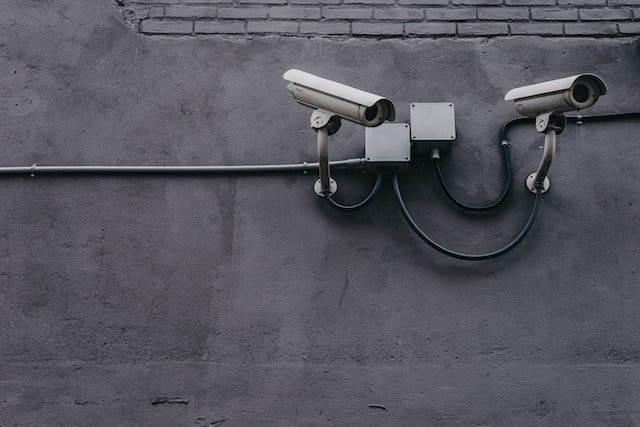Are you experiencing slow browsing, pop-up ads, or strange toolbars in your Google Chrome browser? It’s possible that your computer has been infected with spyware. Spyware is malicious software that can infiltrate your system and collect sensitive information without your knowledge or consent. But don’t worry! In this blog post, we’ll show you how to remove spyware from Chrome and keep it from happening again in the future. So grab a cup of coffee, sit back, and let’s get started!
What is spyware?
Spyware is a type of malware that can infect your computer without your knowledge or consent. It’s often used by cybercriminals to steal personal information, such as login credentials, credit card numbers, and browsing history. Spyware can also slow down your computer’s performance and display unwanted pop-up ads.
Unlike viruses, spyware doesn’t self-replicate or spread like a contagion. Instead, it installs itself onto your system through various methods such as phishing emails or malicious links. Once installed, spyware can monitor your online activity and collect data about you without ever arousing suspicion.
Some types of spyware are capable of recording keystrokes on your keyboard or tracking the websites you visit in real-time. This is why it’s important to take steps to remove any potential infections from Chrome and prevent them from happening again in the future.
How does spyware get on your computer?
Spyware is a type of malicious software that can get onto your computer without you even knowing it. It often comes bundled with other programs, such as free downloads, and installs itself silently in the background.
One common way spyware gets on your computer is through email attachments. Hackers will send emails containing attachments that look legitimate but actually contain spyware or other types of malware. Once the attachment is opened, the spyware will begin to infect your system.
Another way spyware can infiltrate your computer is through visiting infected websites or clicking on pop-up ads. These sites may install tracking cookies onto your browser without asking for permission first or trick you into downloading and installing fake updates or software.
Some apps and games also come with hidden spyware components that are installed alongside the main program when downloaded from untrusted sources. These components can be difficult to detect since they’re not advertised during installation.
In short, there are various ways for spyware to get onto your computer – some more obvious than others – so it’s important to take precautions against them all.
How to remove spyware from your computer
Removing spyware from your computer can be a daunting task, but it is important to do so in order to protect your privacy and security online. Here are some steps you can take to remove spyware from your computer.
First, disconnect your computer from the internet. This will prevent any further spread of the spyware or any potential damage it may cause. Next, run a full system scan with an anti-malware program such as Malwarebytes or Spybot Search & Destroy.
If the anti-malware program detects any threats, follow its instructions for removing them. In some cases, you may need to restart your computer in safe mode to fully remove the spyware.
It’s also important to check your browser extensions and add-ons for any suspicious ones that could be causing the issue. Remove any unfamiliar or suspicious extensions immediately.
Make sure to update all of your software and operating system regularly as many updates include security patches that can help prevent future infections of spyware on your computer.
How to prevent spyware from infecting your computer
Preventing spyware from infecting your computer is vital to maintaining its security and privacy. Here are some practical tips you can follow:
First, be cautious of downloading software from untrustworthy or unknown sources. Only install software from reputable websites that have a good reputation for providing safe downloads.
Second, keep your operating system and other software up-to-date with the latest security patches and updates. These updates often address known vulnerabilities in the system that hackers can exploit to install spyware.
Third, avoid clicking on pop-up ads or suspicious links, especially those that promise freebies or prompt you to download something urgently.
Fourth, invest in a robust antivirus program that includes anti-spyware features. Regularly scan your computer for malware threats and take immediate action if anything malicious is detected.
Use common sense when browsing online – don’t give out personal information unless it’s necessary and always double-check URLs before entering sensitive data. By following these tips consistently, you’ll minimize the risk of getting infected by spyware in the first place.
Conclusion
Spyware can be a real threat to your computer’s security and privacy. It can compromise your personal information, slow down your system, and cause other issues that affect your productivity. However, with the right tools and knowledge, you can effectively remove spyware from Chrome and prevent it from infecting your computer in the future.
Remember to use a reputable anti-malware program regularly to scan for any potential threats on your device. Additionally, avoid clicking on suspicious links or downloading files from unverified sources.
By following these steps outlined in this article, you should be able to keep spyware at bay and maintain optimal performance of your computer while ensuring the safety of all important documents stored within it.









FIND US ON SOCIALS